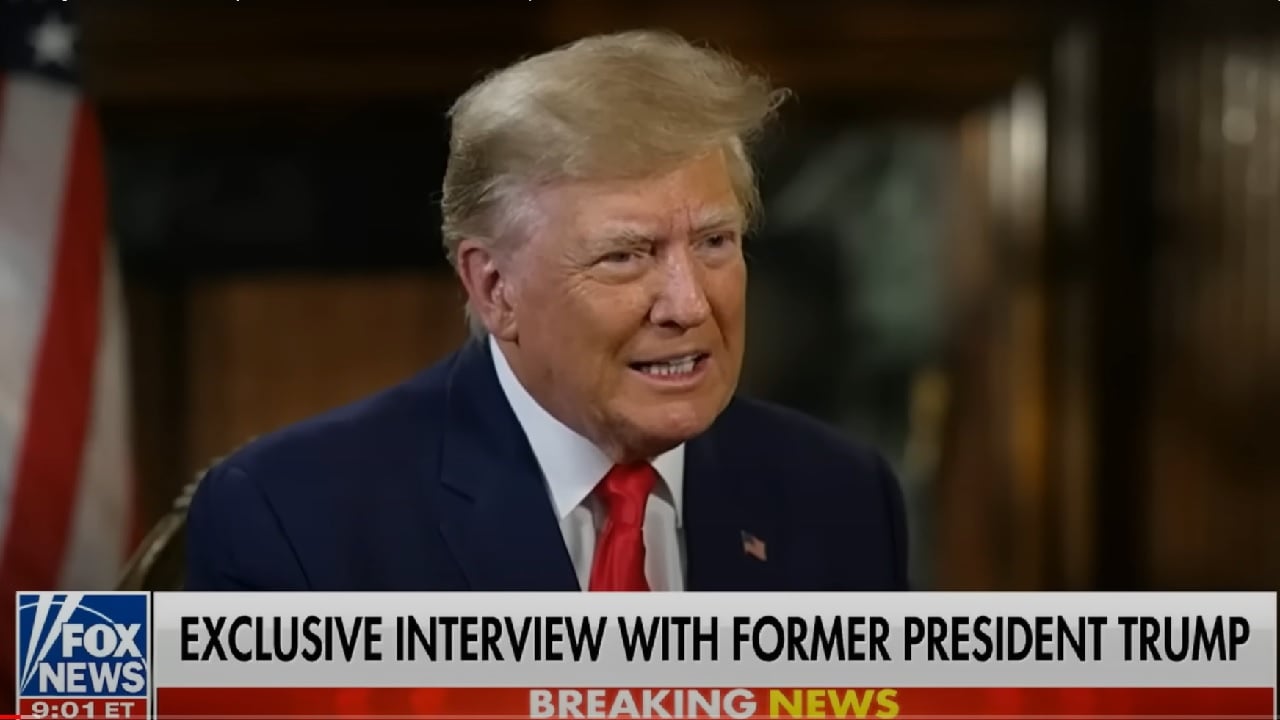What Jack Smith wanted from Donald Trump’s Twitter: The backstory has emerged of the Special Counsel’s warrant for the former president’s account on the social media platform.
Donald Trump and That Twitter Account
Last week, Politico reported for the first time on a previously unknown battle taking place behind the scenes of Special Counsel Jack Smith’s investigations: The question by Smith’s team to get access to the backend of former President Donald Trump’s Twitter account.
Trump, of course, has not tweeted since shortly after January 6, when his account was banned from the platform, and while that account was reinstated by new owner Elon Musk in late 2021, the former president has not resumed his use of the platform, which is now known as X.
Back in January, Smith’s office obtained a search warrant for Trump’s Twitter account. Twitter resisted the effort, at one point being assessed a contempt of court fine of $350,000, before ultimately agreeing to give the access, following a ruling from an appeals court. Trump, in addition, was not told about the warrant, Politico said, although Twitter had wanted him to be informed.
The saga was uncovered in a court filing last week, although Politico had reported months earlier about a “sealed appeals court argument,” in which one side was represented by an attorney who has worked with Smith’s office and the other was represented by a lawyer known for representing tech companies. But the company and dispute were not named at the time.
Now, we know more about what Smith was after in seeking the Twitter account, as well as the role played by Elon Musk in the whole affair.
Per The Hill, which cited records in the case, Smith has indeed obtained Trump’s direct messages, as well as his drafts folder, location information, deleted tweets, and search history.
According to Politico, meanwhile, Smith’s office also sought “accounts associated with @realdonaldtrump that the former president might have used in the same device” — raising the possibility that Trump has used burner accounts — as well as a list of devices and IP address the account has been logged on to, its privacy settings, and all tweets “created, drafted, favorited/liked, or retweeted.” by Trump’s account.
“Twitter raised concerns that prosecutors were seeking data that could be covered by executive privilege — a contention that drew incredulous responses from both prosecutors and the judge, who said Trump was unlikely to be doing government business with senior aides via Twitter DM,” Politico said of the fight.
In addition, Twitter had been reluctant to cooperate, in part because Musk wanted to “cozy up” to the former president,” in the words of the judge. Trump and Musk have had a checkered relationship over the years, although presumably the Twitter owner, who reinstated the account, is hoping to get the former president to return to the service as an active user. Despite rumors earlier this year that a Twitter return was imminent, Trump has opted to stick with his own Truth Social network.
“The district court found that there were ‘reasonable grounds to believe’ that disclosing the warrant to former President Trump ‘would seriously jeopardize the ongoing investigation’ by giving him ‘an opportunity to destroy evidence, change patterns of behavior, [or] notify confederates,’” the U.S. Court of Appeals for D.C. said in its ruling against the social media company.
Judge Beryl Howell, in the case, noted that Twitter was taking “momentous” steps to protect Trump, something they had not done in the past for other users.
“Twitter pleaded to inform Trump about a search warrant in a way that it apparently never did in its 17-year existence with any other user. It did this despite having no knowledge of the basis for the warrant or nondisclosure order,” Politico reporter Kyle Cheney said on Twitter.
It was reported in May that Trump had begun using text messages, after previously avoiding doing so, although it had not been reported previously that Trump was a user of Twitter’s direct messaging feature. Trump’s lawyers did reveal in court that there is “some volume” of direct messages on Trump’s account.
Author Expertise and Experience
Stephen Silver is a Senior Editor for 19FortyFive. He is an award-winning journalist, essayist and film critic, who is also a contributor to the Philadelphia Inquirer, the Jewish Telegraphic Agency, Broad Street Review and Splice Today. The co-founder of the Philadelphia Film Critics Circle, Stephen lives in suburban Philadelphia with his wife and two sons. Stephen has authored thousands of articles over the years that focus on politics, technology, and the economy for over a decade. Follow him on Twitter at @StephenSilver.
From the Vault
‘You Really Oughta Go Home’: F-22 Raptor Stealth Fighter Flew Under F-4 From Iran

